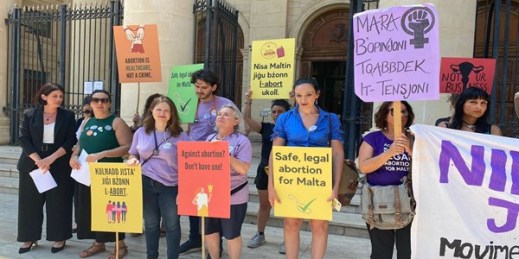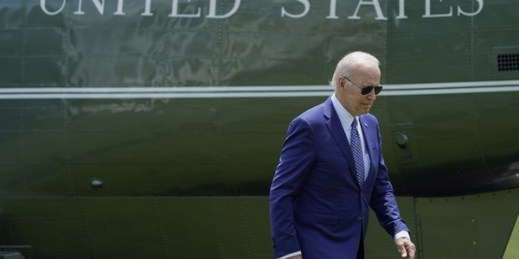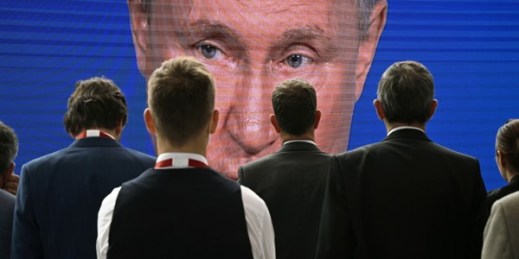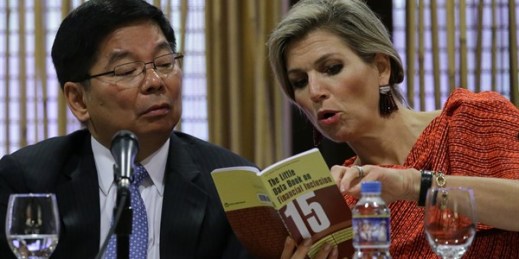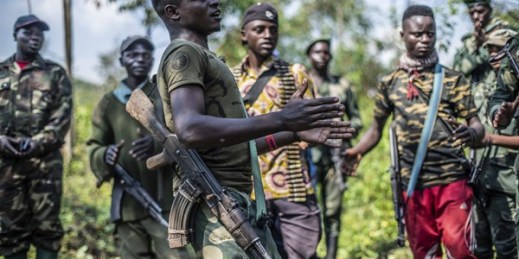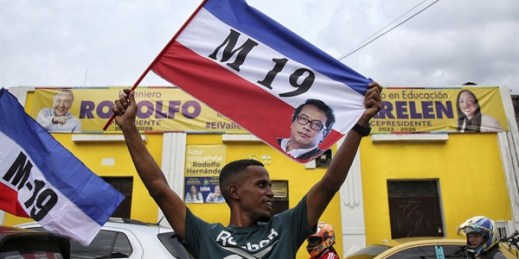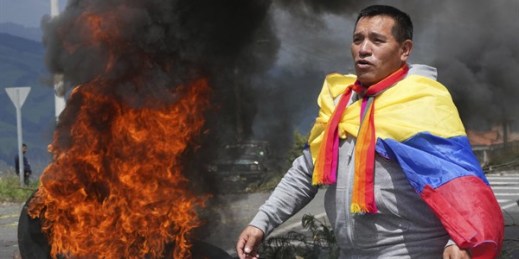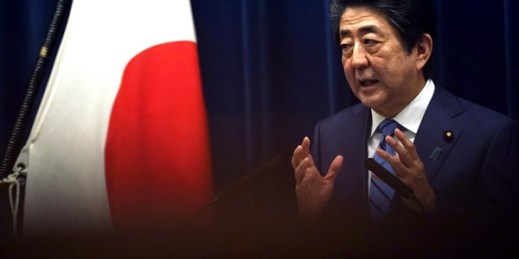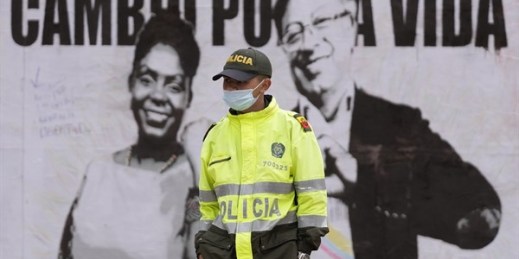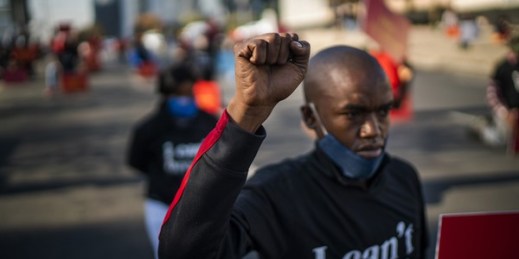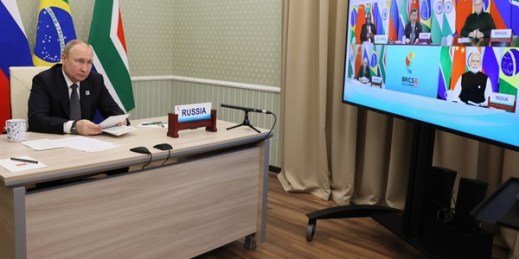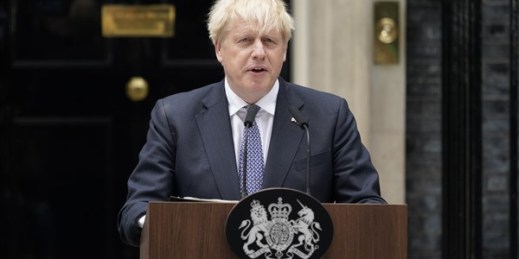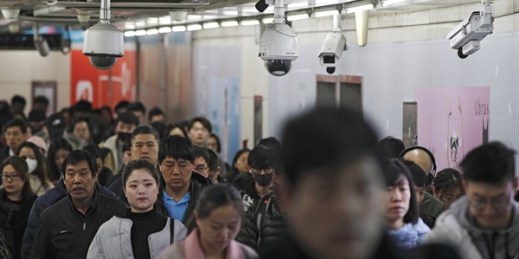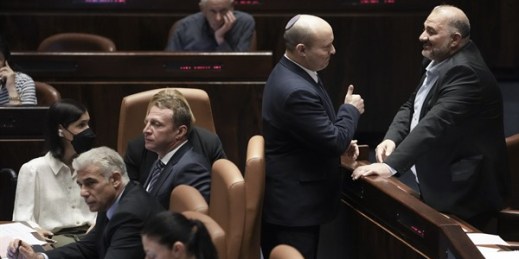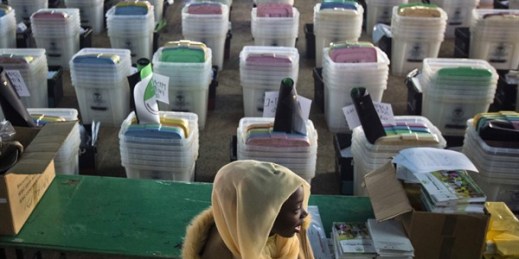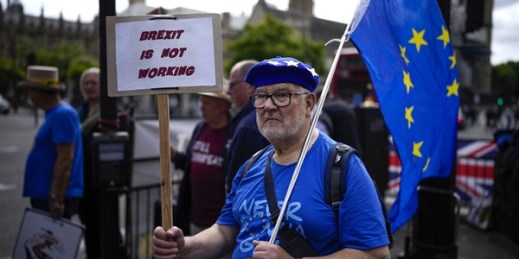
As Boris Johnson announced his resignation as leader of the Conservative Party and departure as British prime minister on a warm Thursday afternoon last week, the frantic world of British politics was already speculating about who his successor might be. Now, with former Chancellor of the Exchequer Rishi Sunak, Foreign Secretary Liz Truss and State Minister for Trade Penny Mordaunt looking like the most viable candidates to lead the Tories, a vicious leadership battle has gained momentum. Yet for all this sound and fury, there has been little concrete disagreement on policy among these contenders. At most, the tensions within the Tory […]


